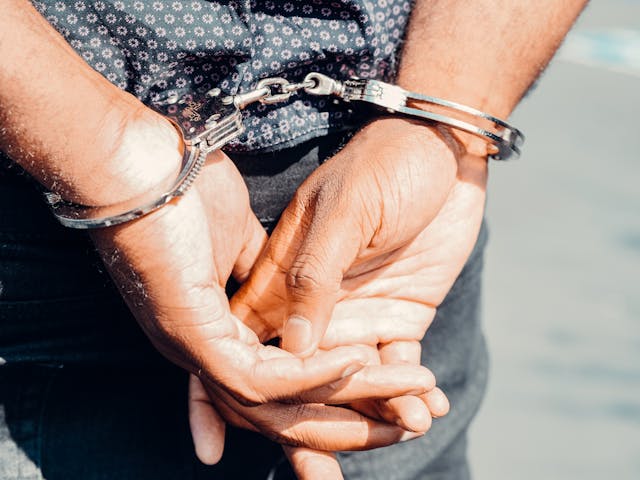Former Ireland U20 star was sentenced to 14 years in prison; other rugby players were also convicted in the Bordeaux case.
Denis Coulson, a former Ireland U20 rugby international, has been sentenced to 14 years in prison after being found guilty of raping a woman in Bordeaux, France, in 2017. Coulson, originally from Dublin, faced trial alongside four other rugby players at Bordeaux’s Cour d’Assises, with the case shedding light on a disturbing incident involving teammates from FC Grenoble.
Chris Farrell, a member of Ireland’s victorious 2018 Six Nations Grand Slam squad, was also convicted in connection with the case. Farrell received a four-year sentence, with two years suspended, for failing to prevent a crime. The court ruled that Farrell would avoid prison but must wear an electronic tag for two years while remaining in France.
Embed from Getty ImagesThree other players were sentenced on Friday, two of whom were also found guilty of rape. French player Loick Jammes, 30, was handed a 14-year prison sentence, while Rory Grice, a 34-year-old New Zealander, received a 12-year sentence. Another New Zealand player, 30-year-old Dylan Hayes, was given a two-year suspended sentence for his failure to intervene.
The case dates back to 2017 when the victim accused the men, who were teammates at the time with FC Grenoble, of committing the crime. Throughout the trial, all five defendants denied the charges, maintaining their innocence.
Prosecutors alleged that the assault occurred during a night out in Bordeaux and involved the coordinated actions of multiple individuals. The defence teams for the players argued that the sexual activity had been consensual, a claim rejected by the court.
Coulson, who previously played for Connacht and French club Stade Français, saw his rugby career overshadowed by the allegations and subsequent trial. Farrell, who earned 15 caps for Ireland, had represented his country on the global stage but now faces serious legal and reputational consequences.
The court’s decisions reflect the gravity of the charges, with lengthy prison sentences for those directly involved in the assault and penalties for those who failed to act. The outcome has reverberated throughout the rugby community, raising questions about conduct, accountability, and the culture within sports teams.
The victim, whose identity has been protected, has faced years of legal battles to see justice served. Advocacy groups have praised the court’s ruling as a step toward ensuring accountability in cases of sexual violence, particularly when involving high-profile individuals.
As the convicted players prepare to serve their sentences, the case serves as a stark reminder of the responsibilities athletes bear, both on and off the field. The rugby world, known for its camaraderie and discipline, must now confront the darker aspects of its culture and work to prevent such incidents in the future.
The ruling marks the end of a long and harrowing legal process, but its implications will likely continue to resonate far beyond the courtroom.
